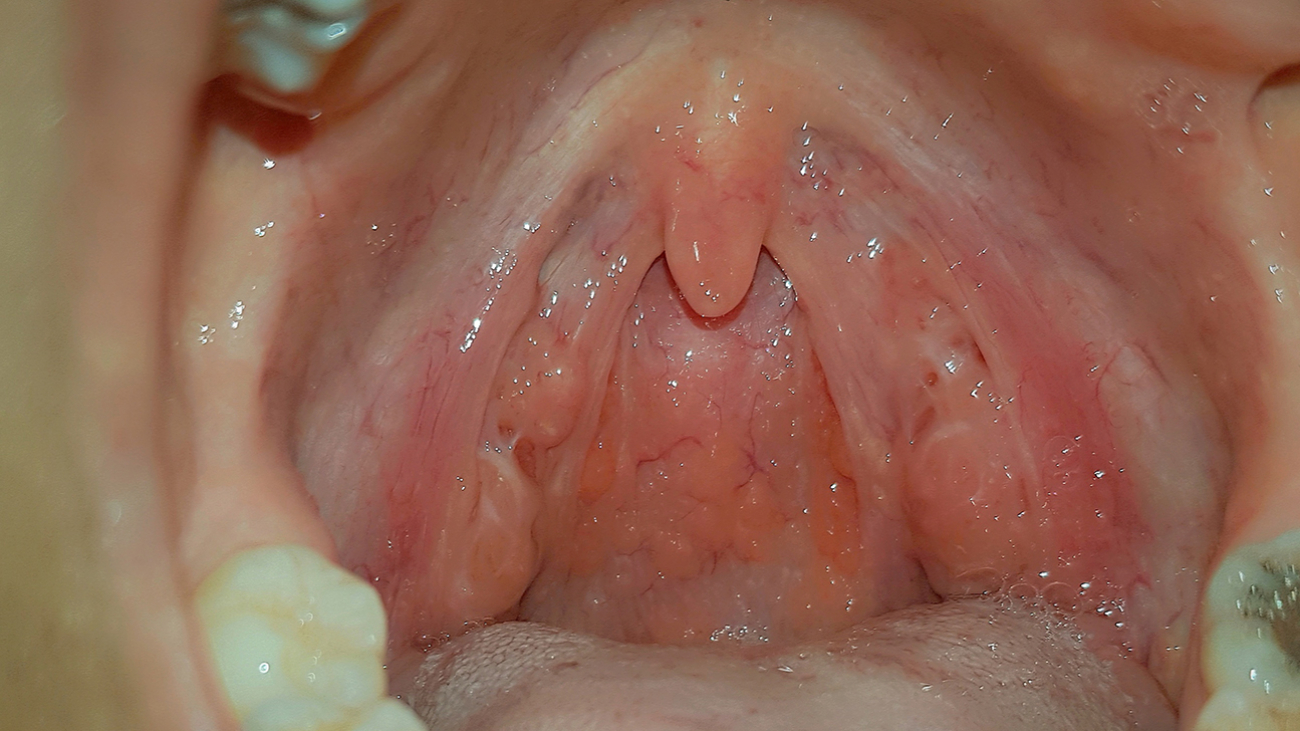What is tonsil cancer?
Tonsil cancer is cancer that occurs in one of the three types of tonsils of the throat.
- palatine tonsils (most common) which are located on either side of the throat
- pharyngeal tonsils (also called adenoids), which sit behind the nasal cavity
- lingual tonsils, which are at the back of the tongue.
always check yourself out, viz… (small torch & mirror make it easy)
- The back third of your tongue
- The soft area at the back of the roof of the mouth (the soft palate)
- The tonsils and two ridges of tissue in front of and behind the tonsils
- The back wall of your throat
Most tonsil cancers are squamous cell carcinomas, which we have previously mentioned, although it is possible for lymphoma (a type of immune system cancer) to develop in the tonsils. As with most throat cancers, it has been found that the human papilloma virus (HPV), the commonest cause being oral sex, is the single most causation. the combination of smoking and alcohol use yields an even greater risk than using either substance alone. Smoking is a common risk factor for squamous cell carcinomas of the tonsils as is alcohol:
Symptoms of tonsil cancer include a sore at the back of the throat that does not heal or one tonsil that is bigger than the other. It may or may not be painful. Tonsil cancer is known to cause bleeding, bad breath, or altered taste. Larger cancers can interfere with eating, talking, or breathing, and may make it difficult to open the mouth. Lumps on the side of the neck have also been noted.
- How far your cancer has grown into local tissues
- Whether it has spread to nearby lymph glands
- Whether it has spread to any other part of the body – this is called staging cancer. Your doctor will be able to tell you more about which treatment is best for you once your cancer has been staged.
Radiation therapy or surgery can be effective in treating early tonsil cancer, and chemotherapy can be effective in treating more advanced tonsil cancer. Following surgery to remove cancerous tissue, reconstructive surgery can help restore structures that have been removed and rehabilitation can help you relearn how to eat, swallow or talk if needed.
Some complications of tonsil cancer can be serious. Seek immediate medical care (call 999) for serious symptoms, such as uncontrolled or heavy bleeding or respiratory or breathing problems, such as shortness of breath, difficulty breathing, labored breathing, wheezing, not breathing, or choking. You have the best chance of curing tonsil cancer if you catch it early.
Seek prompt medical care if you have bleeding in the throat, notice sores or lumps in the back of the throat, have difficulty eating, swallowing, or speaking, or have any other symptoms that concern you. please note that with tonsil cancers, if treated early enough, there is every chance that cancer will NOT spread thus causing loss of voice-box/larynx. This simple knowledge, above all else, should ensure that any worried persons should report to their doctor immediately for a full check-up.
Must Read
Best Preparatory Tips to Get You Ready For Laser Eye Surgery
